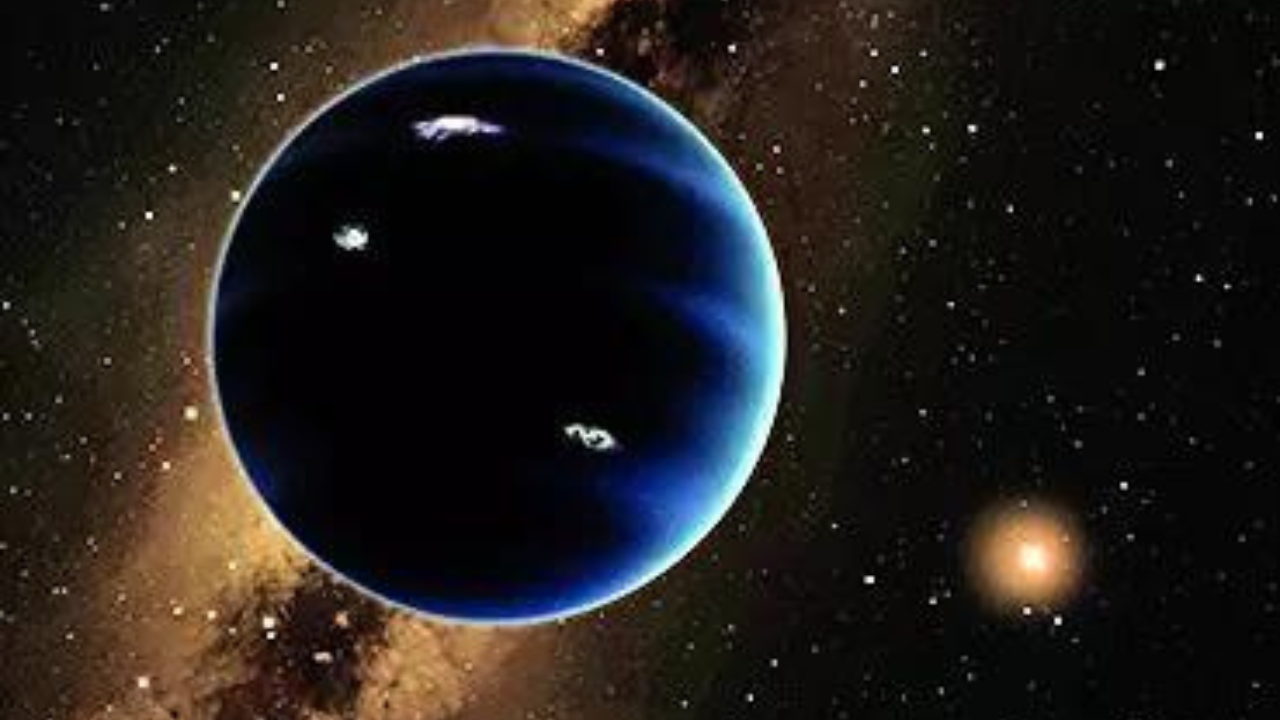A new kid in our solar system? Hunt for mysterious 'Planet Nine' offers a surprise

Scientists discovered a distant dwarf planet, sparking excitement but potentially challenging the existence of the theorized Planet Nine, reshaping our solar system's understanding.

All major sources, one page
Feel the mood behind headlines
Know what’s trending, globally
Get summaries. Save time
7,219
140
211
an hour ago
Get instant summaries, explore trending stories, and dive deeper into the headlines — all in one sleek, noise-free mobile experience.
Get the latest news and insights delivered straight to your inbox
All major sources, one page
Feel the mood behind headlines
Know what’s trending, globally
Get summaries. Save time
7,219
140
211
an hour ago
Get instant summaries, explore trending stories, and dive deeper into the headlines — all in one sleek, noise-free mobile experience.
Get the latest news and insights delivered straight to your inbox